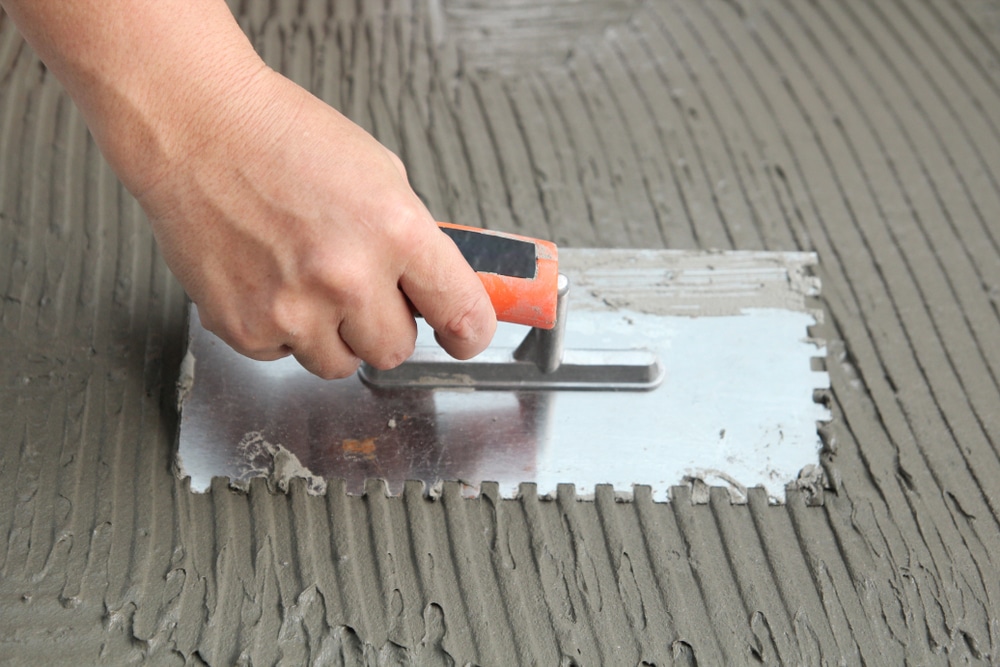What Are The Main Advantages Of Concrete In Carlsbad?
Concrete, a mixture of cement, water, and various aggregates, has been a fundamental building material for centuries. In recent years, its utilization has only expanded, with engineers and architects turning to it for a myriad of projects. What makes concrete such a popular choice? The answer lies in the seven primary advantages of concrete.
- Concrete possesses inherent durability that enables it to resist environmental conditions and wear. It stands up to weathering, erosion, and natural disasters better than many other materials. Given its durability, it often outlasts other materials when used in design and construction, reducing the need for replacement.
- Concrete’s high compressive strength gives it the capacity to withstand substantial load. This strength develops over time and is not diminished by moisture or pests. This makes concrete ideal for large-scale projects and structures like skyscrapers, bridges, and highways.
- Concrete can be poured into a mold to create virtually any shape. This makes it an incredibly flexible material in the hands of architects and designers, capable of creating everything from structural elements to decorative features.
- The fire-resistance of concrete is very high, making it an ideal material for building construction. It doesn’t burn, cannot be set on fire, and does not emit toxic fumes when subjected to heat.
- Concrete proves to be economical since it is readily available and has a relatively low cost. Its maintenance cost is also low, resulting in significant savings over the structure’s life span.
- Concrete can be made from local resources and recycled materials, reducing the environmental footprint of buildings. Used concrete can also be recycled, making it a more sustainable choice than other materials.
- Concrete has high thermal mass, meaning it can absorb and retain heat. This reduces the need for heating and cooling in buildings, saving energy and making structures more comfortable.
FAQs
Is Concrete Environmentally Friendly?
Concrete can be environmentally friendly if produced and used sustainably. It can incorporate recycled materials and is itself recyclable. Additionally, its thermal efficiency can lead to lower energy use in buildings.
What Makes Concrete So Strong?
The strength of concrete comes from the chemical reaction (hydration) that occurs when water and cement mix, forming a paste that binds the aggregates together. This strength grows over time, making concrete stronger as it ages.
Can Concrete Structures Be Aesthetically Pleasing?
Yes, the versatility of concrete allows it to be molded into almost any shape, and its surface can be finished in many ways. This flexibility enables architects to use concrete in visually appealing designs, beyond its structural functions.
Conclusion
Concrete’s durability, strength, versatility, fire resistance, economic efficiency, sustainability, and thermal efficiency make it a go-to choice in construction. Its adaptability to various forms and functions further extends its use beyond merely practical applications, opening avenues for aesthetic exploration. For more information, contact Concrete Contractor Carlsbad at (760) 576-2525.
